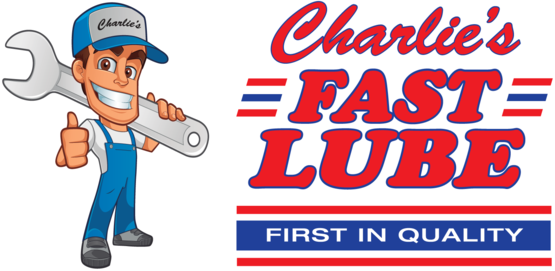It's Brake Time (Brake Calipers)
October 4, 2020
Race car drivers have demonstrated the advantages of disc brakes, so most modern vehicles use them. Sometimes just the front wheels have disc brakes, but many vehicles now have them all the way around.
A major component of the disc brake is called a caliper. It works by squeezing brake pads against the disc or rotor, kind of like a bicycle hand brake. The brake pads themselves are what contact the rotor, causing friction to build and the wheel to slow down, but it's the calipers that apply the pressure to the pads.
Caliper design has evolved over the years, and there are two common types. One is called a floating caliper. It has one or two pistons on one side of the disc. When you push down the brake pedal, the piston or pistons in your caliper put pressure on that one side. A mechanism connected on the other side of the disc applies pressure as well, squeezing your disc so the vehicle stops. Floating calipers are less expensive since they have fewer parts.
The other type is called a fixed caliper. They use pistons on both sides of the disc, sometimes several. They are often used in more high-performance or heavy-duty vehicles.
Calipers can have rubber seals to keep out dirt, debris and moisture, but when that rubber wears out, sometimes the calipers can get contaminated. They can stick or start leaking; they can even rust. Then your caliper can get stuck applying that "squeeze" when you are not pressing on the brake pedal. Or they can get stuck in the other position, not applying stopping power when you press the pedal.
When this happens, it's not unusual to feel your vehicle pull to one side when you brake. You might notice a burning smell from the constant friction if the caliper is stuck on, plus you may feel the heat from the wheel after you park and get out of your vehicle. Sometimes you'll hear a high-pitched sound or clunk if your calipers are binding up.
That's your cue to have them checked out at your vehicle service center. If your calipers aren't working correctly, it can be a safety hazard. Sticking calipers can affect your ability to steer and stop; this is the kind of "brake time" you need so you can get them back on track and working properly.
Charlie's Fast Lube Sparta
10 Northtown Drive
Sparta, Illinois 62286
618-443-6112
http://www.charliesfastlubesparta.com
Need Service?
More articles from Charlie's Fast Lube Sparta

Alternator Facts (Failing Alternator)
April 13, 2025
If you notice that your headlights are flickering at night, that's something to pay attention to. While there could be many different things that could cause that problem, one possibility is your vehicle's alternator. The alternator takes mechanical energy from the engine and turns it into electr... More

I Had No Idea! (Four Things You Didn't Know About Vehicles)
April 6, 2025
Bet you didn't know: Some of the earliest rearview mirrors were marketed as "Cop Spotters" so drivers would know when police were following them. Who wants a ticket, anyway? According to eBay Motors, Elmer Berger first patented a rearview mirror that was mounted on the front fenders, on the spare... More

Mercury Rising (Hot Weather Vehicle Concerns)
March 30, 2025
The heat is on, and your vehicle takes a beating when it is. Several of your vehicle's systems are under extra stress in hot weather, so here are a few to make sure are getting the care and maintenance they need. It makes sense that the cooling system is one to make sure is in top shape. Vehicl... More









